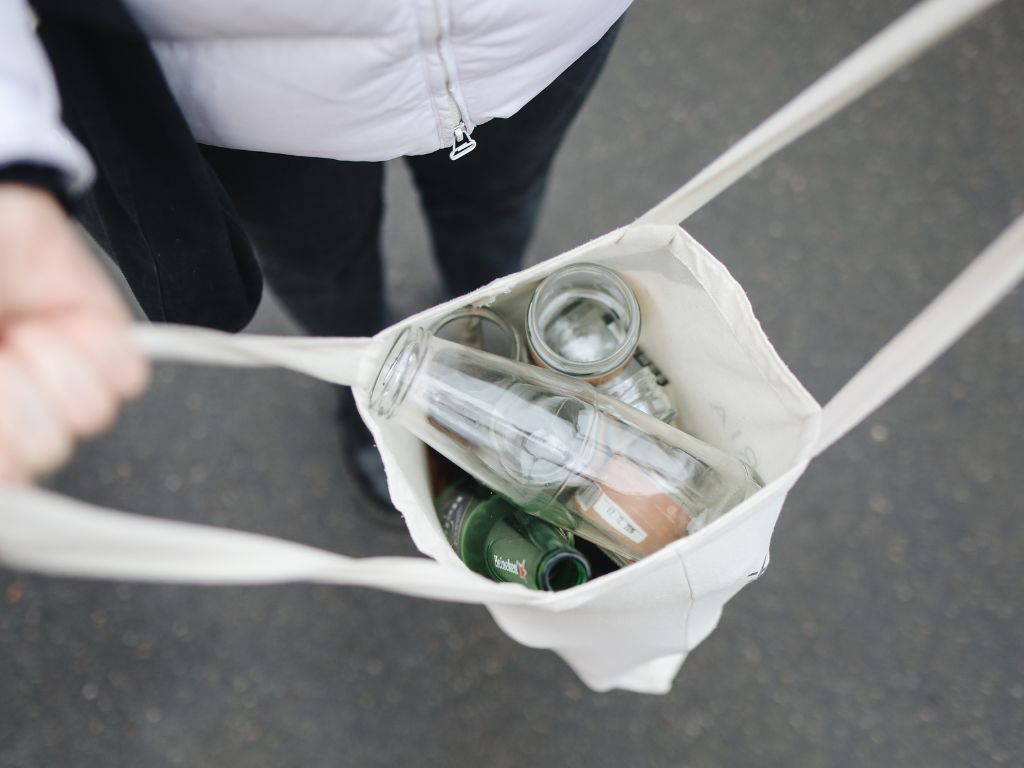Reducing the amount of waste sent to landfill is an integral part of sustainable living. Fortunately, with a few simple steps and creative thinking, you can significantly reduce the amount of trash you dispose of in landfills.
To practice waste reduction, you don’t have to be legalistic about the zero-waste lifestyle. In fact, you can produce less waste this year by committing to one new habit. Carry your own containers of water instead of using plastic bottles. The average American will throw away 156 water bottles per year.
Here are 10 practical ways to help minimize your contribution to landfill waste.
1 Try to Buy Less Stuff

The less stuff we have, the less we’ll have to discard later. Ask yourself, “Do I need this, or is there a way I can get by without this item?”
Implement a waiting period to allow your initial excitement to cool. If you still believe the item is necessary, buy the highest quality, most sustainable version.
2 When You Do Buy: Invest in Durable Goods
Purchasing long-lasting items or opting for higher-quality products can help reduce the overall amount of waste generated. Durable items made from high-grade materials and designed to last will outlast cheaper, disposable alternatives. They can often be recycled or repurposed at the end of their life cycles.
Another way to find more durable goods is to shop in thrift stores. Find appliances that were built before planned obsolescence were so popular.
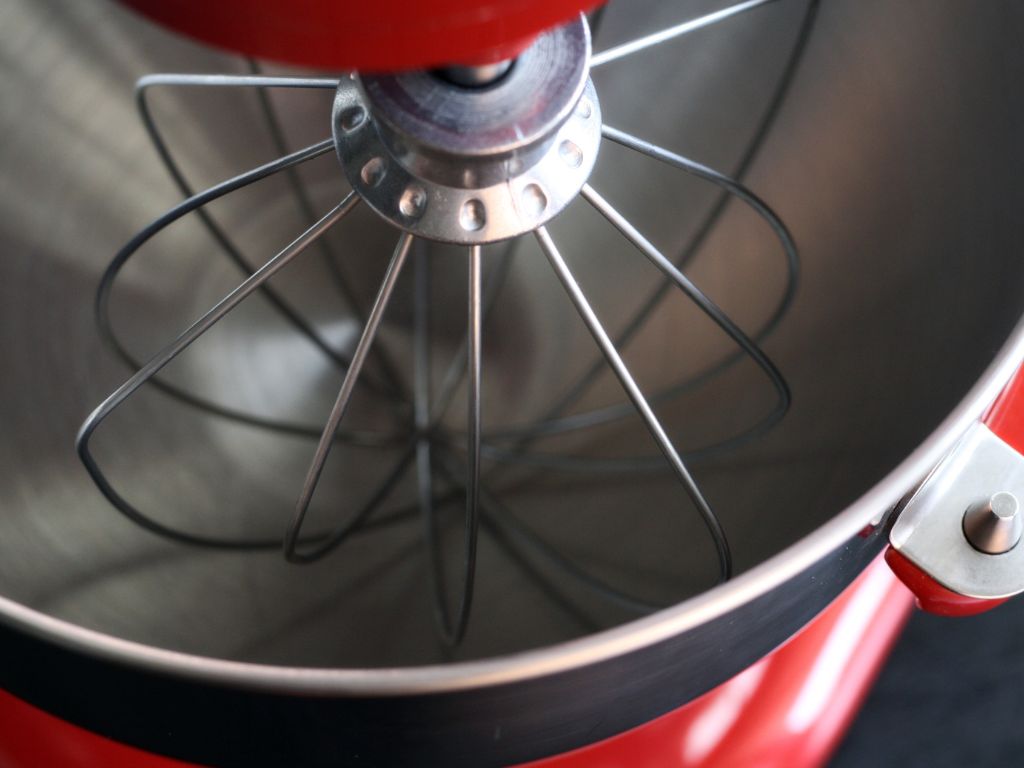
3 Reduce food waste
Adding food items to the trash can is a significant problem when it comes to landfills. Food waste from kitchens ends up in landfills, decomposing slowly and without air, releasing the greenhouse gas methane.
Save money by only buying what you need. Clean up odds and ends inside your fridge before you head to the grocery store.
Avoid grocery shopping while hungry.
Not only does shopping while hungry cause you to spend more, but it will also likely cause more waste in food that goes uneaten.
Consider a trip to the local farmer’s markets to purchase package-free vegetables, etc. Lastly, when it comes to the inevitable kitchen waste, such as peels from veggies or egg shells, compost!
According to the U.S. Environmental Protection Agency (EPA), food is the most significant component of municipal solid waste sent to landfills.
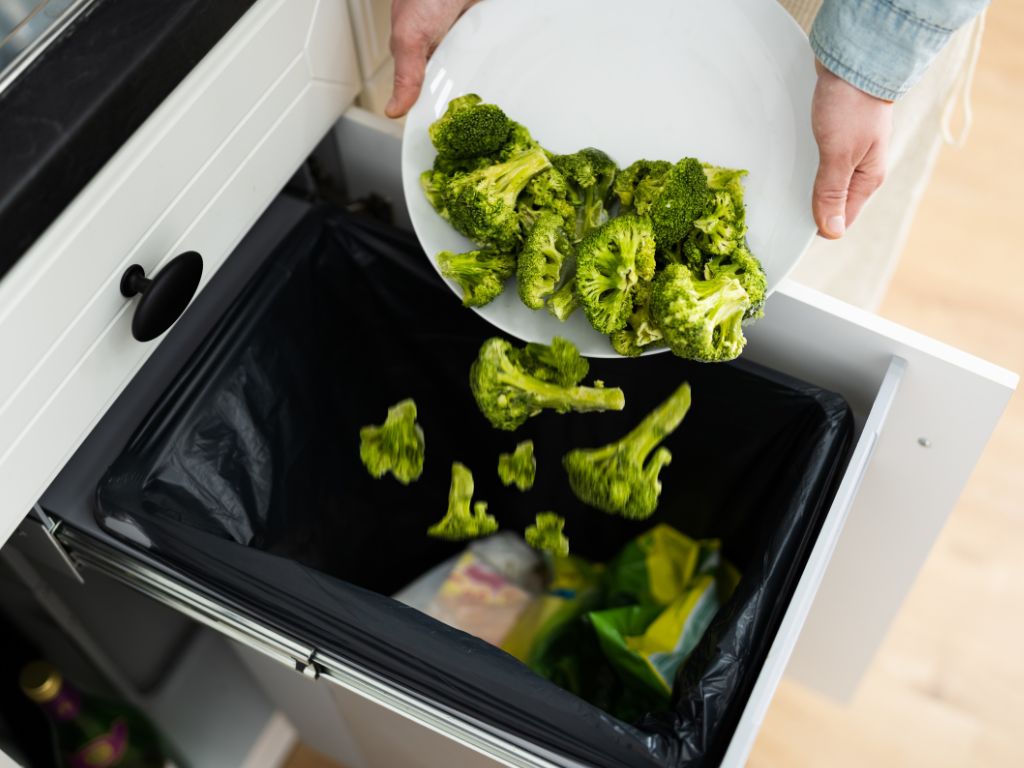
4 Compost Food Waste
Food waste is one of the biggest culprits of landfill waste. Composting food waste is an easy, effective way to reduce the amount of food going into landfills. Start a compost pile in your backyard and add food scraps like fruits, vegetables, tea bags, coffee grounds, and eggshells. Not only will you reduce waste, but your plants will also benefit from the nutrient-rich soil created in the process.
If you live in an area where backyard composting isn’t possible, consider a foodcycler or composting company. It’s easy to check for compost pick up near you. Search “compost pick up near me” to find a private company that will come pick up your kitchen scraps for a small fee. This is an excellent way of reducing waste while supporting small businesses and creating more compost to help the growth of more plants.
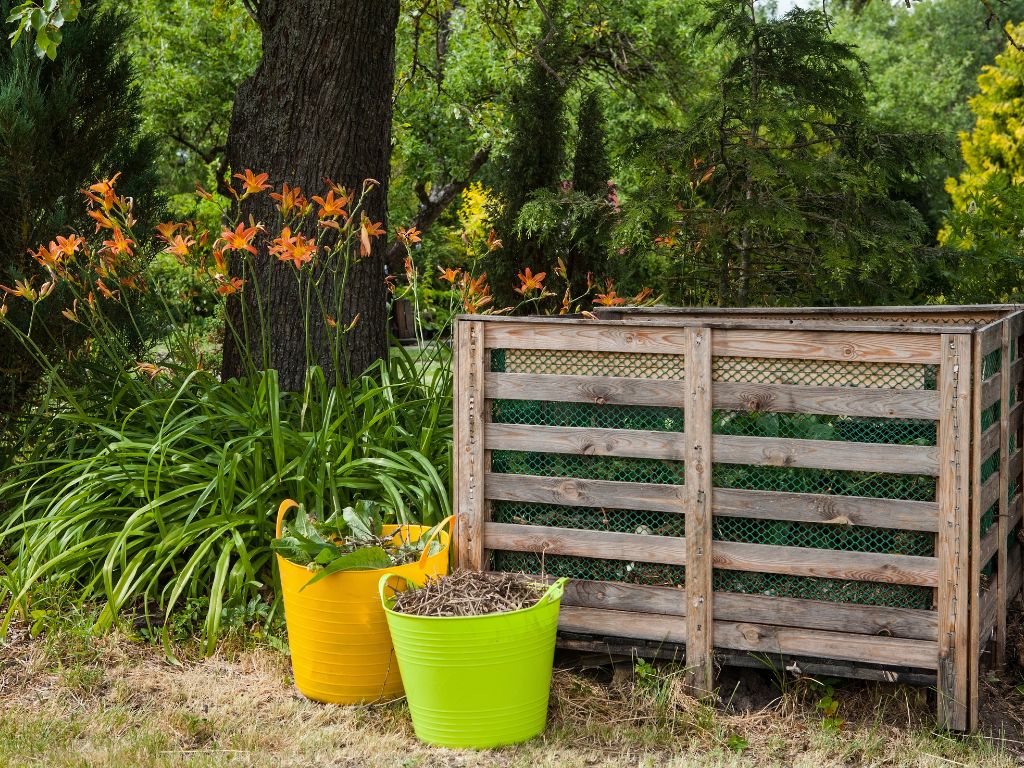
5 Educate Yourself and Others on How to Reduce Household Waste
Educating yourself, your family, and your friends about how to reduce household waste is an effective way to reduce the amount of waste going into landfills.
Start by providing simple solutions anyone can implement, such as choosing reusable items like shopping bags and water bottles whenever possible. Share information about avoiding overly packaged products, which contribute to unnecessary waste.
Teach family members to compost food scraps or recycle paper, plastic, and other materials. Take it a step further and share resources on donating items rather than throwing them away if they’re still usable.
Instead of paper towels, opt for cloth napkins. Even better if you upcycle them from secondhand fabric such as a cotton sheet, etc.
6 Support Recycling Programs and Responsible Disposal Laws
Keep a recycling bin in a common area where it can be easily accessible to those needing to discard containers.
Your local government can also help reduce landfill waste by implementing targeted recycling programs and responsible disposal laws. This can include enacting plastic bag bans in retail stores, increasing the frequency and number of recycling receptacles in public areas, and establishing composting and scrapyard collection programs for materials such as paper, metal, glass, and electronics.
Encouraging reuse is also essential – for example, local governments may provide incentives for donating reusable clothing or furniture rather than throwing it away.
Support these programs and the politicians who help implement them.
7 Increase Eco-Friendly Product Packaging
One way to reduce landfill waste and promote sustainability is to switch to eco-friendly product packaging. For example, choose companies that opt for compostable or recyclable packaging materials.
Look for:
- paper
- board
- cardboard
- glass
- stainless steel
- aluminum
All are better options than traditional plastic containers, which are difficult and costly to recycle.
Choose companies that create products with renewable or recycled content when possible. This not only helps reduce waste but also promotes recycling and reuse of materials already in circulation – both of which help minimize the amount of material going into landfills each year.
8 Reuse Reusable stuff
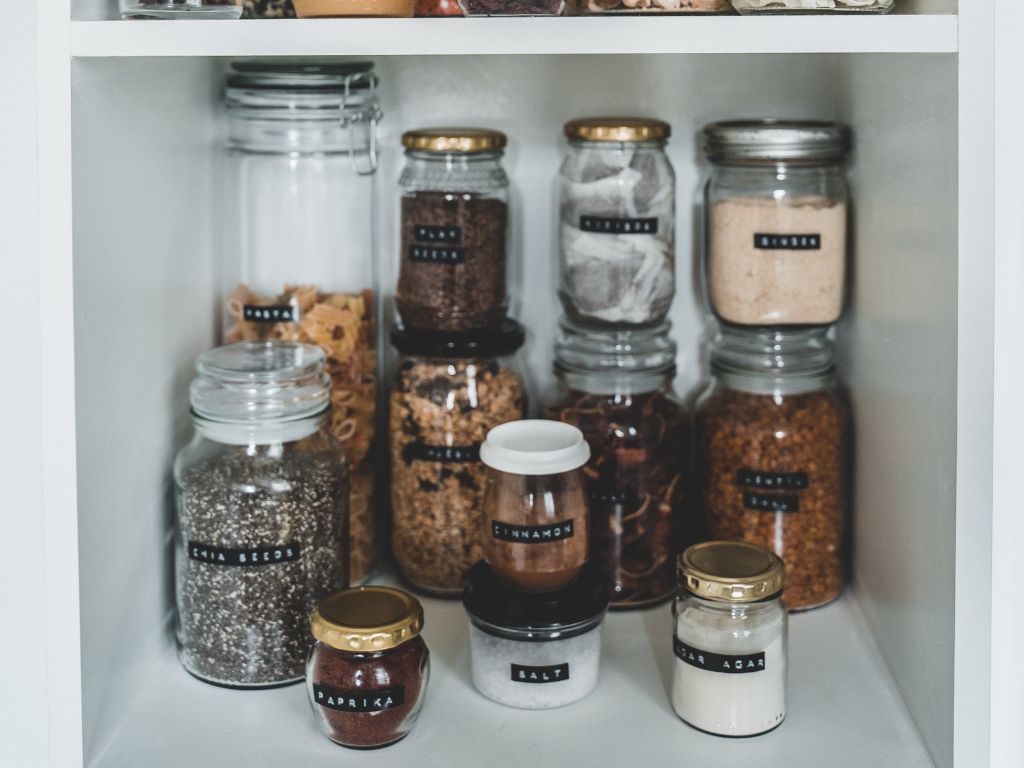
Think beyond reusable bags; what else can you reuse? Jars and bottles make excellent reusable containers for carrying bulk items such as beans, rice, etc. They can also store nuts, bolts, sewing items, etc.
Instead of single-use containers and items, consider what you can reuse and keep out of the landfill.
Reusable water bottles, coffee cups, and silverware alone would significantly reduce the amount of waste going to landfills. Consider a DIY reusables pack to keep with you when you are out.
You may be shocked to read that 1,000 people open bottled water every second in the United States. Still, the average American uses 156 plastic bottles every year. All this contributes to a massive 500 billion plastic bottles used yearly.
9 Hire a Personal Chef Instead of Take Out and Eating Out
Consider the high cost of eating out or ordering takeout food. Takeout creates more waste and is almost always higher in calories, fat, and sodium than home-cooked food. Undoubtedly, takeout creates more waste for the landfill than cooking at home.
Instead of reaching for takeout, invest in your health and the planet. Hire a personal chef to do weekly meal prep in your home.
Most personal chefs use high-quality glass containers to store the entrees they prepare. Some also offer concierge services as well as in-home cooking.
10 Eliminate Junk Mail
Unsubscribe from catalog services since most companies are online and products can be shopped from your computer.
If you enjoy reading a magazine, see if digital copies are available.
Go paperless with bills.
If you continue getting junk mail in envelopes, consider reusing the backs of the envelopes to create shopping lists, notes, etc. At least you’ll be getting one more use out of useless mail!
These are just a few ways to reduce waste in landfills, next, read How to Do a Waste Audit.
